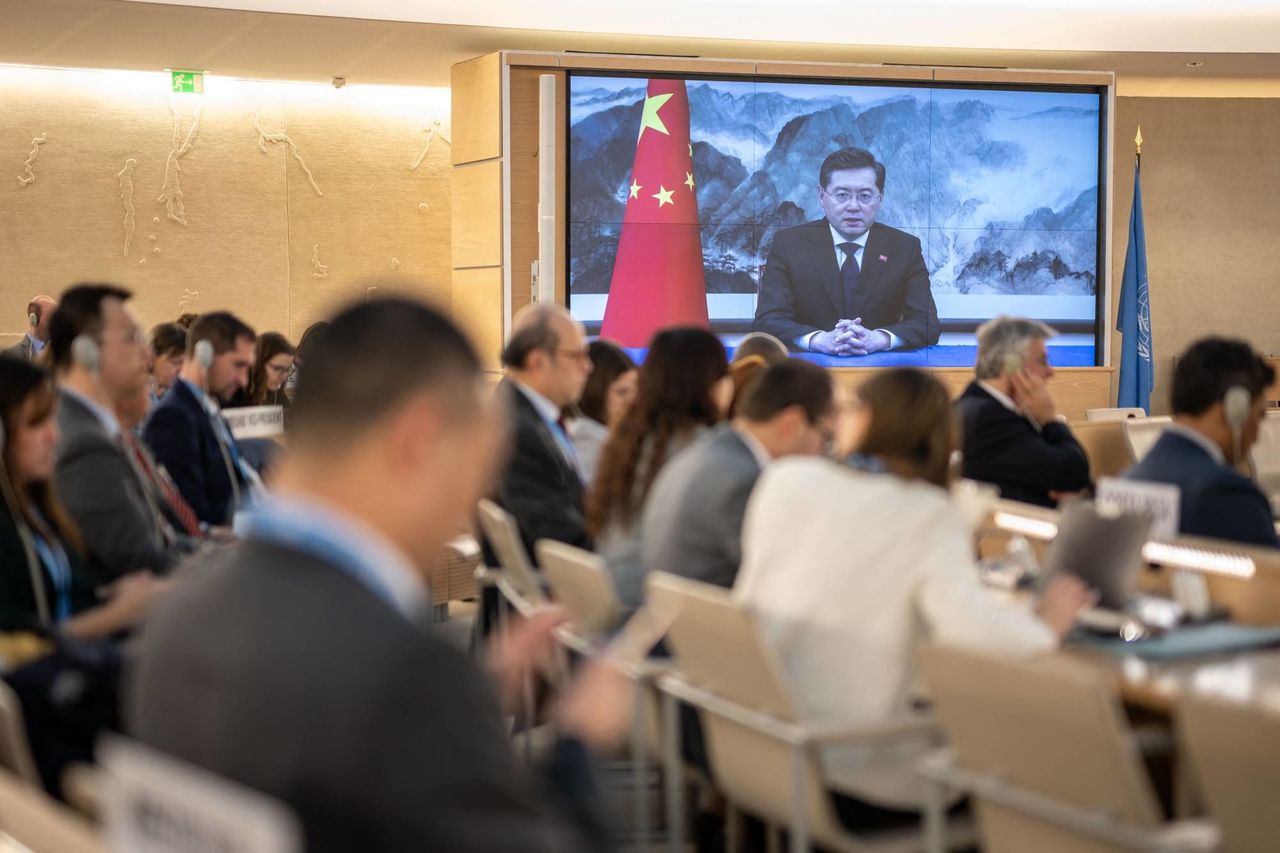Hong Kong News

Hong Kong hits back at UK foreign secretary’s remarks on national security law
The Hong Kong government has hit out at British Foreign Secretary James Cleverly, rejecting his claims about the city’s national security law as political smearing, fact twisting and malicious fabrication.
The rebuttal came on Tuesday, a day after Cleverly said at the United Nations Human Rights Council that civil rights in Hong Kong were under threat after Beijing’s imposition of the security legislation in 2020.
Cleverly said in his address that under the national security law, independent media outlets had been forced to close down, while those who spoke out, including journalists or businessmen such as the founder of the now-defunct Apple Daily newspaper Jimmy Lai Chee-ying, had been arrested.
“The right to freedom of speech and assembly guaranteed in Hong Kong’s Basic Law has been eroded,” he said, referring to the city’s mini-constitution. “We call on the Hong Kong and Chinese authorities to uphold the Sino-British Joint Declaration and urge them to implement the recommendations of the [Human Rights Committee] report.”
In a report last year, the Human Rights Committee asked Hong Kong to repeal the security law, saying it was a threat to civil rights.
In Tuesday’s statement, a Hong Kong government spokesman said Britain also had many laws to protect its own national security.
“The government official concerned chooses to continue to wantonly smear the [national security law] and deliberately ignore the fact that the implementation of the [security law] has enabled the livelihood and economic activities of the Hong Kong community at large to resume as normal, and the business environment to be restored,” the spokesman said.
“Clearly, this is hypocrisy out of political motivation with double standards, and a despicable manoeuvre with politics prevailing over the law.”
The statement also maintained that all law enforcement actions in the city had been carried out according to the law and had “nothing to do with the political stance, background or occupation” of the people arrested.
“We are appalled by the remarks of the UK government official that seem to suggest that persons with certain backgrounds should be immune from legal sanctions for their illegal acts and activities.
“Such remarks are tantamount to granting such persons privileges to break the law and are totally contrary to the spirit of the rule of law.”
The spokesman also said the legislation stated that human rights would be respected and protected, but such rights and freedoms were not absolute.
 Chinese Foreign Minister Qin Gang at Monday’s Human Rights Council meeting.
Chinese Foreign Minister Qin Gang at Monday’s Human Rights Council meeting.
“The UK government official’s remarks about the rights and freedoms in [Hong Kong] amount to political manipulation in disregard of facts,” he added.
The government also “strongly” urged the United Kingdom not to interfere in Hong Kong.
Cleverly’s accusations were also dismissed by Chinese Foreign Minister Qin Gang at Monday’s Human Rights Council meeting.
Qin said Hong Kong’s standing as an international financial centre had instead been strengthened since the national security law took effect, and the city remained in the lead in multiple global index rankings concerning the rule of law, business, and safety and security.
Qin also pledged that Beijing would “remain steadfast in fully and faithfully implementing” the “one country, two systems” policy that governs ties between mainland China and the financial hub.
Beijing imposed the national security law on Hong Kong after months of often violent anti-government protests, which began in June 2019. The law bans acts of subversion, secession, terrorism, and collusion with foreign forces.
Earlier this month Beijing’s foreign affairs representative in Hong Kong warned the US’ top local diplomat not to endanger national security or slander the city’s prospects. The consul general had commented on the legislation’s recent interpretation by Beijing during a virtual seminar in January.











